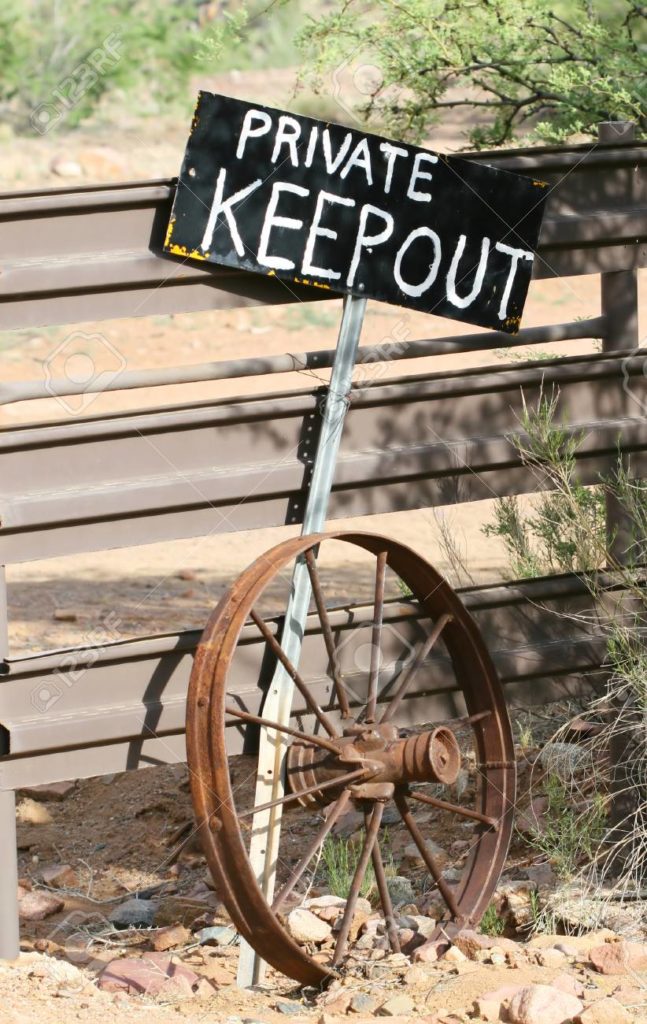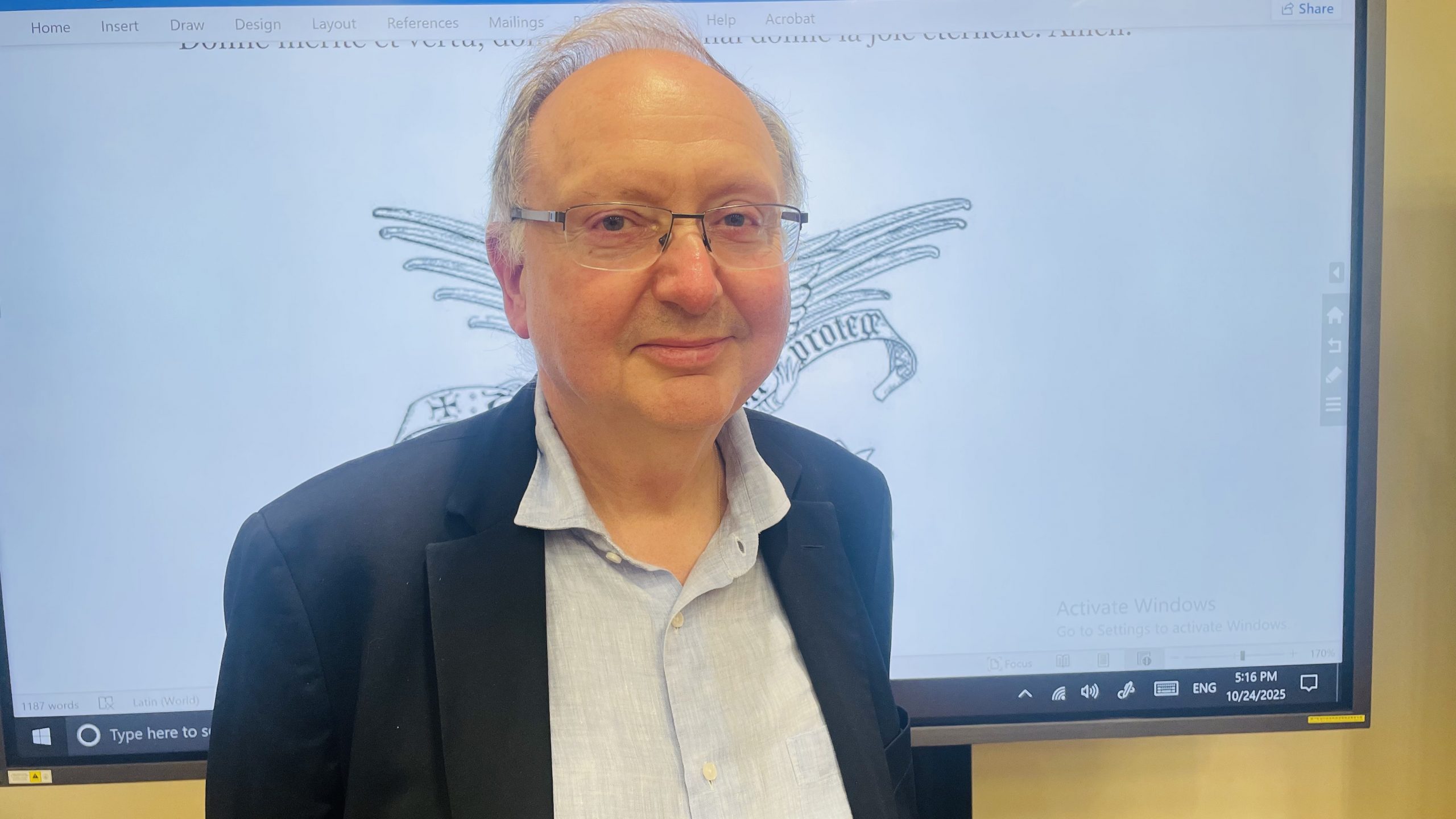– Corrado Gnerre
I expected you to ask a question I can’t answer. I am convinced that private property is something necessary, but it seems to me that insisting on this point – from a Catholic point of view – can mean a justification for certain social injustices and even for a wild capitalism. How can I give myself an adequate explanation?
Dear ___, first of all it must be said that we need to distinguish between capitalism and the legitimacy of private property. There are many kinds of capitalism, but we can give a definition. Capitalism means the transition from a traditional type of economy to a consumerist one. In reality, capitalism is nothing but private property emancipated from social, moral and spiritual references. It is what remains of private property after its spiritual and human roots have been cut off. From this it is easy to understand that capitalism is in any case reformable, being a bad use of private property. But on the other hand communism is never reformable as a total negation of private property.
Therefore, dear ___, the negativity of capitalism is precisely in its being only private property, without any social references given to this property. Capitalism begins with economic liberalism, with the Napoleonic Code, in turn preceded by the Chapelier Law of 1791 (abolition of corporations and intermediate bodies) and with the approval of ecclesiastical assets.
You rightly speak of the naturalness of private property. In fact, there was no society in which private property was absent. Just think of the ancient rituals of burial where some objects were kept next to the body. However, some object saying that, there would have been civilizations that did not know private property. It is not so. It must be said that in antiquity only the man who was really considered such, had the right to possess. In the Inca civilization, for example, the Emperor could only possess because he was considered as a man in his fullness.
Dear ___, private property is a garrison of freedom. Man fully lives his social freedom only through the so-called “intermediate bodies”: family, town hall, etc. These “bodies” allow the individual to live his freedom concretely in a certain structure: otherwise it would only be an abstract freedom. In fact, social freedom can be exercised only if there is the legal support of “intermediate bodies.” It is entirely consequential that the lack of civil liberty causes the State to extend its power totally to the point of encompassing man and exploiting it. Now private property is the foundation of civil liberty. The foundation of freedom is economic independence, without it (economic independence), there would be no freedom but only conditioning. Freedom is in itself indivisible, so the freedom of property cannot be eliminated without eliminating other freedoms.
Dear ___, I tell you yet another thing: private property, like everything else, is perfected with Christianity. In Christianity every man is subject to the rights, so every man has the right to property. It was Christianity that determined an extension of the right to property. Think of the Middle Ages, in which it was customary to quote a phrase that will remain famous for centuries, ‘everyone is a king at home.’ Instead supercapitalism (which is current capitalism, a sort of capitalism beyond capitalism) is such a concentration of property, that political power, which should naturally regulate this concentration, is instead subjected to it.
Private property is a guarantee of freedom, so the more widespread it is, the more widespread is freedom. The danger of supercapitalism can be avoided only with the enhancement of ‘intermediate bodies.’ When it comes to criticizing supercapitalism, it does not mean that everyone must possess in equal measure, but there are inalienable assets that cannot be reduced to a commodity.
(From La buona battaglia. Apologetica cattolica in domande e risposte, 2019©Chorabooks. Translated by Aurelio Porfiri. Used with permission of the publisher. All rights reserved)


 Follow
Follow


